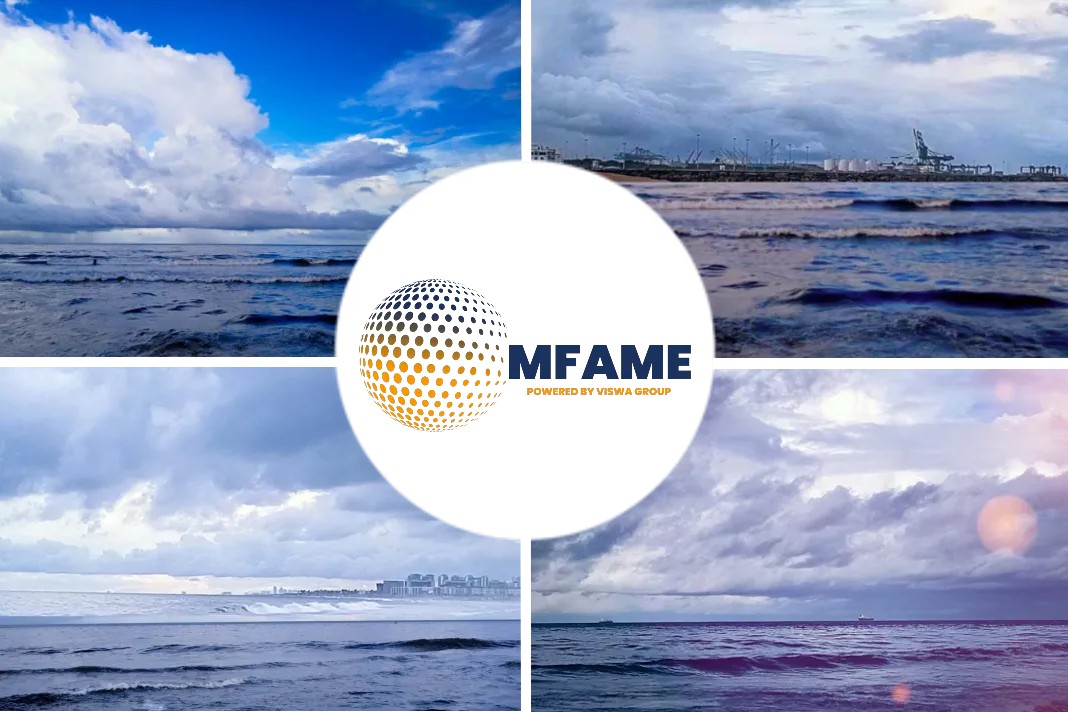
The potential for a renewable energy boom in Southeast Asia is on the horizon, as the region possesses a largely untapped market for alternative energy. With increasing demand and the opportunity to reduce reliance on hydrocarbons, Southeast Asia has the chance to emerge as a frontrunner in sustainable fuels, as reported by Xinde Marine.
Developing offshore infrastructure
The growth of offshore wind farms in Southeast Asia is expected to increase in the coming years due to the region’s expansive coastlines and abundant wind resources. Countries in Southeast Asia are rapidly developing their offshore infrastructure to support this growth, driven by rising energy demand and the shift towards alternative energy sources. Traditionally reliant on coal and oil, many governments in the region are now prioritizing renewable energy in alignment with both self-interest and international green objectives. Vietnam, with its rapidly growing population and economic development, has faced concerns over chronic power shortages. To address this and meet international expectations of transitioning away from fossil fuels, Vietnam is considering alternative energy sources, including wind power.
Increasing power generation
Vietnam aims to increase its wind power generation from 5% to 30% by 2050, leveraging its extensive coastline and strong winds in the southern region. The Philippines also holds significant potential with approximately 178 GW of offshore wind power capacity. The country’s Department of Energy has been actively expanding onshore and offshore wind projects, awarding 57 offshore wind energy service contracts with a total potential capacity of around 42 GW. Singapore plays a pivotal role in these developments, serving as a strategic hub for companies involved in offshore wind projects across Southeast Asia. As a major maritime centre and a crucial port for global commerce, Singapore acts as a vital connection point for regional initiatives and trade.
The wings beneath wind power
GAC Group, a leading offshore support provider with extensive experience in the energy sector, operates from its Singapore office to support offshore activities and developments across Asia Pacific. Leveraging its core competencies in shipping, logistics, and marine, GAC Singapore offers integrated solutions such as supply chain management, freight, agency, crew, and infrastructural support for wind farm projects. The company serves as the largest ship agent in the territory, providing a range of services from agency and husbandry to specialized dry dockings and FPSO support. GAC Singapore acts as a reliable single point of contact for all logistics requirements and possesses a deep understanding of the regulatory environment in Southeast Asia, ensuring compliance and navigating complex legislative landscapes effectively.
According to Sofie Bager, Managing Director of GAC Singapore, Singapore has always been a crucial hub for the offshore energy sector, facilitating vessel mobilization throughout Southeast Asia. With excellent air and sea connectivity, the city-state is well-equipped to handle repairs, crew changes, and spare parts deliveries. Singapore’s robust infrastructure, including shipyards for vessel modifications and repairs, supports developments across the broader Asia Pacific region, including projects in Thailand, Vietnam, and Australia. GAC Singapore’s expertise in the field was demonstrated by its successful handling of the delivery of FPSOs in Brazil and its coordination of ballast water treatment for a vessel without the necessary plant on board. As a shipping agent with in-house logistics and a global network, GAC offers streamlined supply chain management, saving customers time and money. Moreover, GAC Singapore operates under the Major Exporter Scheme, enabling efficient and cost-effective movement of cargo in and out of its warehouse facilities with minimal bureaucracy and paperwork.
Beyond location
Singapore’s success as a maritime hub goes beyond its geographical advantage, as the country has made significant investments in infrastructure, creating world-leading ports, terminals, and logistics facilities. It is at the forefront of leveraging advanced technology, such as autonomous vessels and digitalization of shipping documentation, to enhance its maritime capabilities. Singapore actively promotes digital innovation initiatives and supports technology start-ups through programs like the Smart Port Challenge. The country will also upgrade its digitalPORT@SG™ Maritime Single Window to facilitate just-in-time operations for optimal vessel passage planning. In addition to its status as Asia’s top financial centre, Singapore’s low tax regime provides a competitive advantage for companies operating there. The presence of an educated and highly skilled local workforce further adds to the country’s appeal as a maritime destination.
Growing demand
Sofie Bager highlights the increased offshore activities and demand for support services in the wind energy sector in Southeast Asia, demonstrating the growing optimism for such projects in the region. GAC’s global experience in supporting offshore projects, combined with its local knowledge, positions the company well to contribute to the offshore boom. GAC recently opened offices in Ho Chi Minh and Taichung to support Vietnam’s and Taiwan’s offshore wind farm sectors, respectively. The expertise, experience, and network provided by service providers like GAC are crucial for the success of offshore projects. With the continuous refinement of operations and increasing recognition of the importance of alternative energy developments in Southeast Asia, the future appears promising for the region’s renewable energy sector.
Did you subscribe to our newsletter?
It’s free! Click here to subscribe!
Source: Xinde Marine















